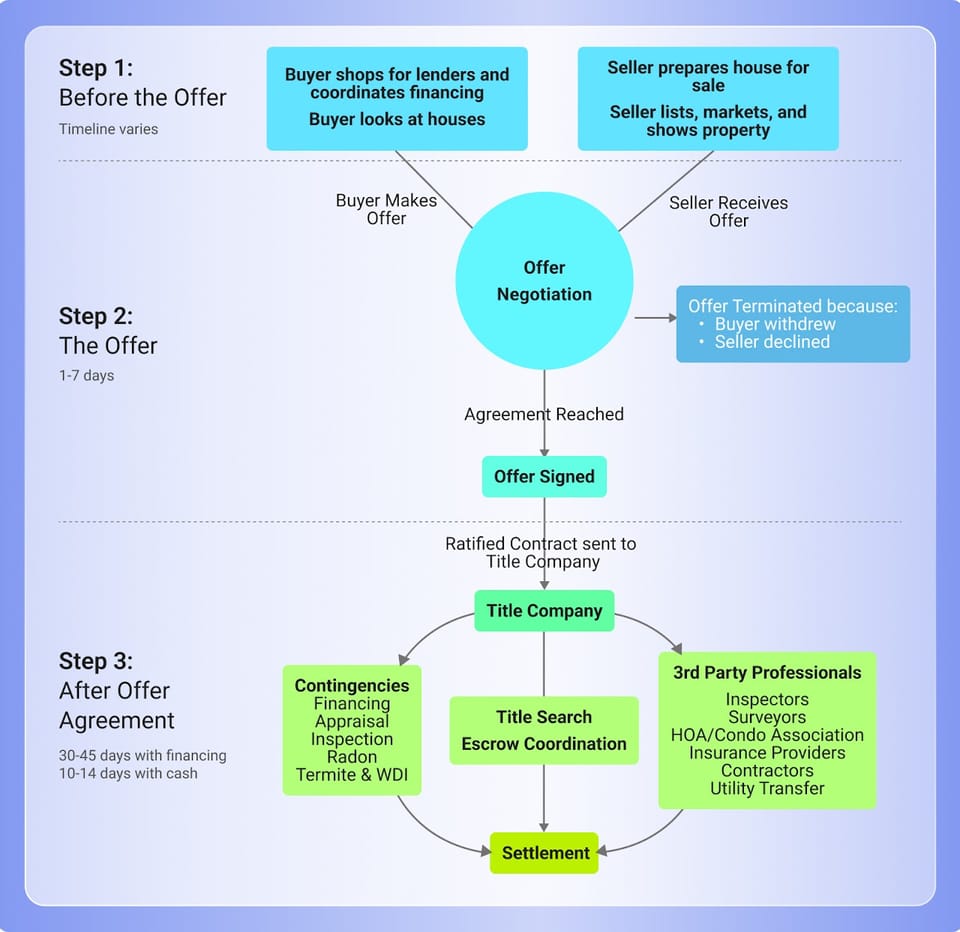Step 2: Making or Receiving an Offer

If you're buying a home on your own or selling directly as a homeowner, Step 2—The Offer—is where things start to feel real. You’ve done the prep work: as a buyer, you’ve toured homes, maybe gotten pre-approved, and you’re finally ready to make an offer. As a seller, you’ve cleaned, listed, shown the house, and now—someone’s interested. Here’s what happens next, and how to handle it without a real estate agent.
When you're the buyer, making an offer means writing up a clear, detailed document that outlines not just the price you're offering, but also the terms. You’ll need to decide on your earnest money deposit, your preferred closing date, and any contingencies. Contingencies are conditions that protect you—like if the home doesn’t appraise for the sale price, or if the inspection uncovers major issues. You don’t need fancy software to do this; a basic purchase agreement template (tailored to your state) will do. Just make sure it's thorough and legal.
If you're the seller, once you receive an offer, take time to read it carefully. You can accept it as-is, reject it, or negotiate. Pay close attention to the contingencies and the timeline. Is the buyer offering cash, or do they need financing? Are they asking for appliances or repairs? You’re allowed to counteroffer if something doesn’t sit right—price, dates, or even terms. Everything’s negotiable, but the back-and-forth should stay respectful and clear.
Both sides should know: nothing is official until all parties sign. Until then, the deal can fall apart—maybe the buyer changes their mind or finds another property. Or maybe the seller gets a better offer. This stage can last anywhere from one to seven days, depending on how quickly you can communicate and agree.
Once both parties have signed the contract, it becomes legally binding. At that point, the buyer usually sends the ratified agreement to the title company or attorney handling the closing. From there, you move into inspections, title work, and everything that leads up to settlement.
Doing this without an agent means you need to be sharp, clear, and organized—but it also means you’re in full control. Stay communicative, be honest, and don’t be afraid to ask questions or loop in a real estate attorney if anything feels murky.
Step 2 is short, but it’s one of the most important. Handle it well, and you’re officially under contract.
